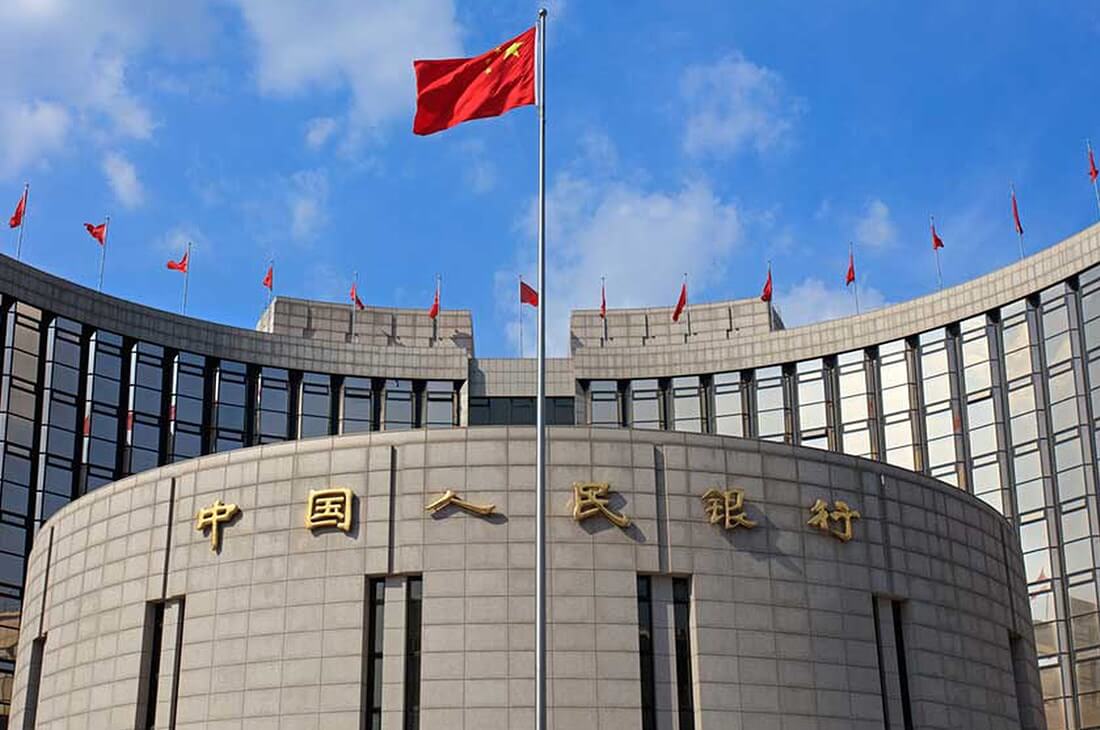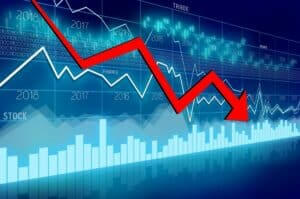Stock market predictions for 2023 all across the world have been performing poorly in lieu of incoming economic data. Most notably, China has not performed as analysts had hoped. Coming out of the pandemic, many had hoped and expected China to make a strong recovery. Instead, long-term structural problems have finally caught up with the superpower. It, therefore, seems like this slump may be long-lasting.
Indices have shown the effect quite handily. The S&P 500 dropped 0.4%, the Dow Jones Industrial Average fell 0.5%, and the Nasdaq suffered a 0.2% drop.
The removal of measures intended to control COVID in China should have opened up the economy and thrived. This was important not only for China but the world in general, as inflation was rampant everywhere. China had other plans; it restricted interest rates and even went so far as to omit data on youth unemployment. This data was an important indicator of China’s economic health.
Wall Street is worrying that this could have important consequences internationally. Stock market predictions for 2023 have thus been suffering, pulling back somewhat. So, even the best stocks for long-term investment have suffered. This is partly due to the fact that the first half of the year had shown unusually strong growth. We are likely now witnessing a readjustment and reassessment period to make expectations more realistic. Thankfully, the stock market bottom should not be too low.
Concern Surrounding the Stock Market
Part of the worry is that a faltering Chinese economy could mean less demand for US markets. The Chinese economy usually requires a lot of oil and other commodities, which are necessary as building materials. With a slowing Chinese housing market, such an outcome seems likely.
Elsewhere, the US economy appears to be doing well, which is surprising considering the interest rate data. Sales across retailers in the US have outperformed many expectations for the month. It thus appears that consumer spending is up and has reduced the likelihood of a recession so far. Thankfully, unemployment has remained low, meaning many could afford to spend.











